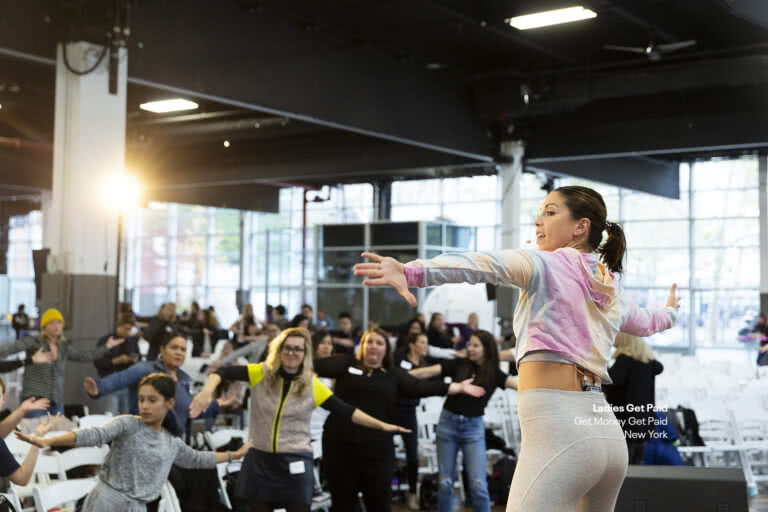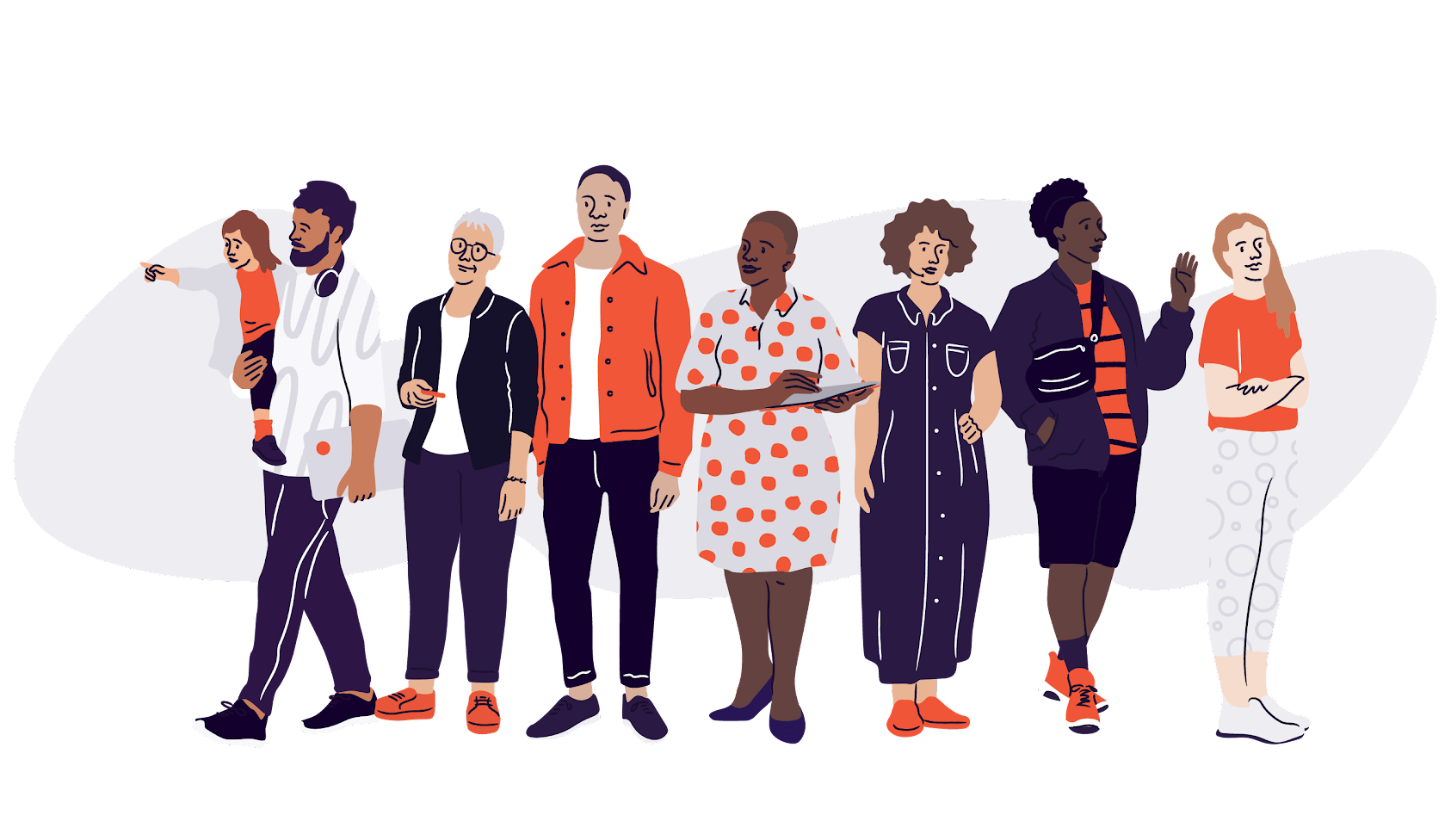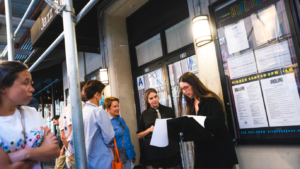Word has spread about your event. People outside your community are beginning to ask if you could bring it to them — and you’re starting to think that maybe it’s not such a crazy idea. After all, you have a successful blueprint for coordinating local events. So why not expand?
Taking the plunge from coordinating one community event to multiple events across different locations can be a daunting prospect. The secret to success is trusting others to help. And it all starts with knowing how to delegate responsibility to a network of competent volunteers.
Here’s how to scale your event with a successful community ambassador program.
What is a community ambassador program?
You can’t be in every new city where there’s a market for your event, so finding trustworthy people you can rely on to get things up and running on your behalf is key. And one of the best ways to find qualified volunteers is through a community ambassador program.
A community ambassador program is an organized approach to sourcing volunteers who want to take on the responsibility of running your event in new locations. Just like recruiting for a job, it’s important to take a structured approach, since ambassadors represent your event brand.
The three essentials of a successful ambassador program
A volunteer might really want the opportunity to host your event, but ultimately, they need to do the work involved to maintain the integrity of your community. That’s why it’s so important to set clear expectations for your volunteers about what it takes to be a community ambassador.
Look to the following tips to help you find the best people for the role.
#1. Role description and requirements
The first step is to create a mission statement for your ambassador program that can live as part of your application on your website. Putting this front and center lets potential ambassadors know what you expect from the get-go and helps divert those who aren’t up for the task.
In addition to a summary of the role’s purpose and reason, it helps to outline the skills and characteristics you look for in community ambassadors. Just like a job description, a clear overview of requirements makes it easier for you to find the right people for the role.
#2. Time commitment and expectations
Be super clear how much time being a community ambassador entails. While many passionate community members will be eager to pitch in and host their own events, only a select few will maintain their enthusiasm after learning all the responsibilities they’ll be required to take on.
These tasks include, but is by no means limited to:
- The number of events they’re expected to host in a year
- Event promotion activities required to reach attendance goals
- Partnerships with sponsors, the press, etc. they’re expected to build and maintain
3. Community event toolkit
Once you’ve vetted community ambassadors for “the right stuff” and have their full commitment, there’s one last thing they need to be successful. Before you send them on their way, share your own tools and resources you’ve used with them in the form of a toolkit.
For example, your toolkit might contain:
- “How tos” for hiring staff and creating an event planning committee
- Best practices for recruiting, training, and managing volunteers
- Logos, fonts, and other brand guidelines to adhere to
- Advice on pricing tickets and registration, including using discounts
- How to find the right event sponsors and win their business
- Marketing and promotion strategies to use throughout the on-sale
- Boilerplates and templates for promotions, invitations, and more
Bonus tip: Learn to let go
If you expect everything to be perfect, you’ll always be frustrated and disappointed. But, Iif you treat every event as a learning experience, though, it’s easier to accept that there will always be things you can improve on.
Here are three ways to practice feeling at peace as you scale:
- Admit that you’re not a mind reader. Don’t assume you can know what other people are thinking. You can only plan your best and follow up with a survey!
- Don’t beat yourself up. If things don’t go as expected, remind yourself you made the best decision you could with the experience and information you had at the time.
- Reflect. Schedule a debrief afterwards to reflect on what you learned and how you can improve next time. Keep raising the bar and have confidence things will improve.
How to build an event that brings people together
You don’t need to spend a lot of money to host an amazing event — but you do need to create something special for your community. Learn more from the experts in How to Build (and Maintain) a Strong, Thriving Event Community.






